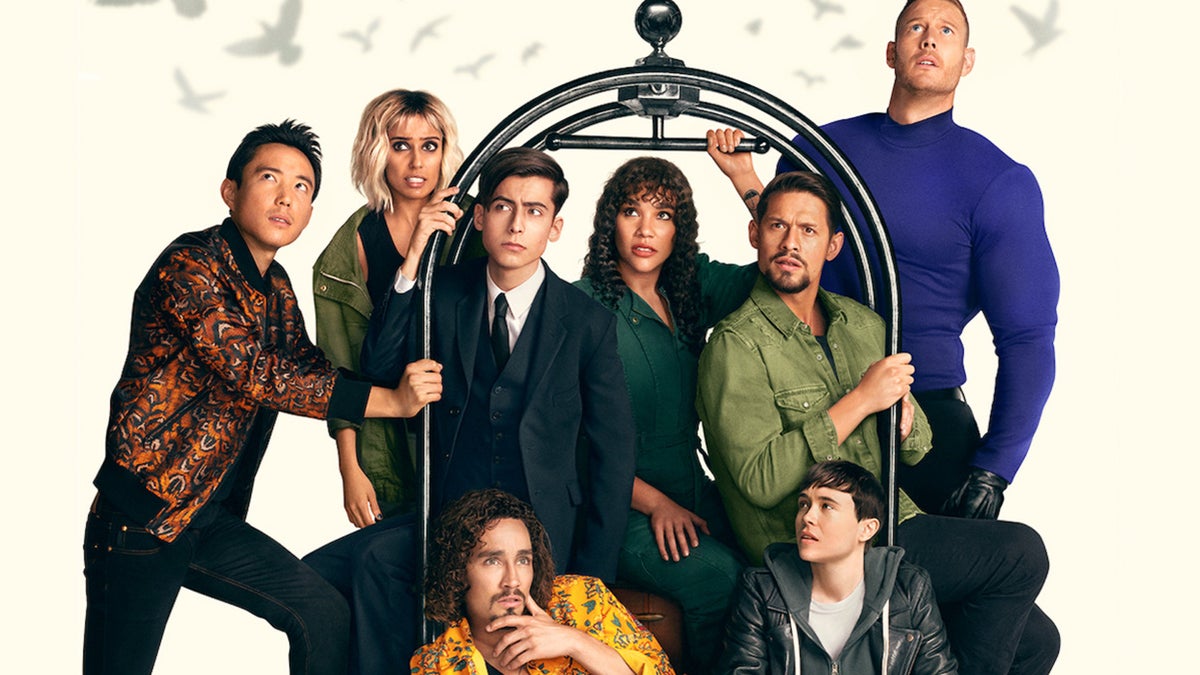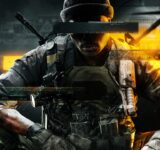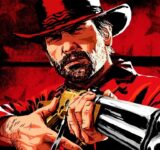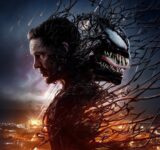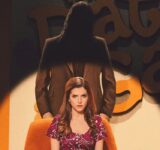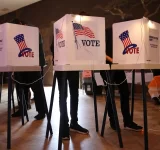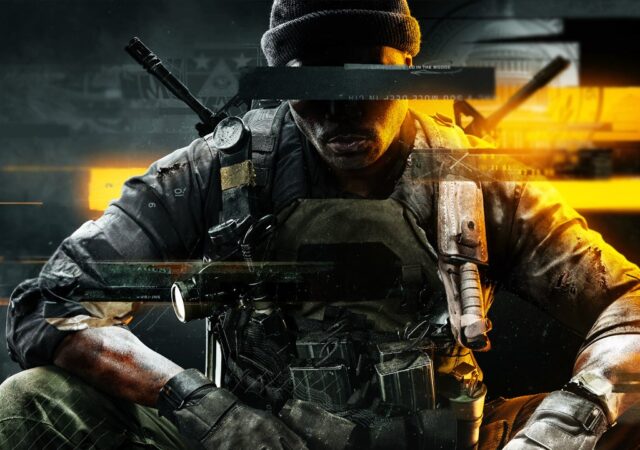The Umbrella Academy Season 3 is here, and we are back with another review!
The latest batch of episodes in the third season of The Umbrella Academy is filled with fun uproarious moments; but, a strong beginning and end do not compensate for a middle section full of filler episodes. The Sparrows, more often than not, make the plot feel overwhelmed with too many characters and too much going on. The pace feels inconsistent, with certain significantly emotional events being swept away all too quickly.
The Umbrella Academy season three picks up the aftermath of the Commission’s (Handler’s) defeat and the siblings’ return to the year 2019. They arrive in an alternative version of the present day where they have been replaced by their father, Reginald Hargreeves, who decided to adopt different set of seven superpowered children- the Sparrows. The Umbrella Academy’s time-traveling has also opened up a Kugelblitz, the new apocalypse simulating a black hole.
Despite the extensive Netflix marketing lead-up that hyped the Sparrows as invincible and unsurpassable villains, they, unfortunately, came off as rather cartoonish and fillers. All of the Sparrows are given unique and interesting powers, yet each of them only offer their one-dimensional antagonistic facades. So it was difficult to get attached to or care about them too deeply. Marcus, Jayme, and Alfonso are quickly killed within the first three episodes, and Fei and Christopher also depart rather unceremoniously (I seriously didn’t even realise Fei had died when Christopher exploded, till another episode). Ben and Sloane’s survivals only seem to be because they could fit into taking the Umbrella narrative further.
The season one showdown had already pushed Alison and Viktor to their max. Afterwards, the aftermath of leaving 1963 behind also affected Viktor (Elliot Page) and Alison (Emmy Raver-Lampman) the most, who processed the most grief. Alison was married back in Dallas to civil rights activist Ray (Yusuf Gatewood) and she lived a very different life than her non-POC siblings. She bore the brunt of racism, segregation, and police brutality, on top of being separated from her family, her home, and losing her voice.
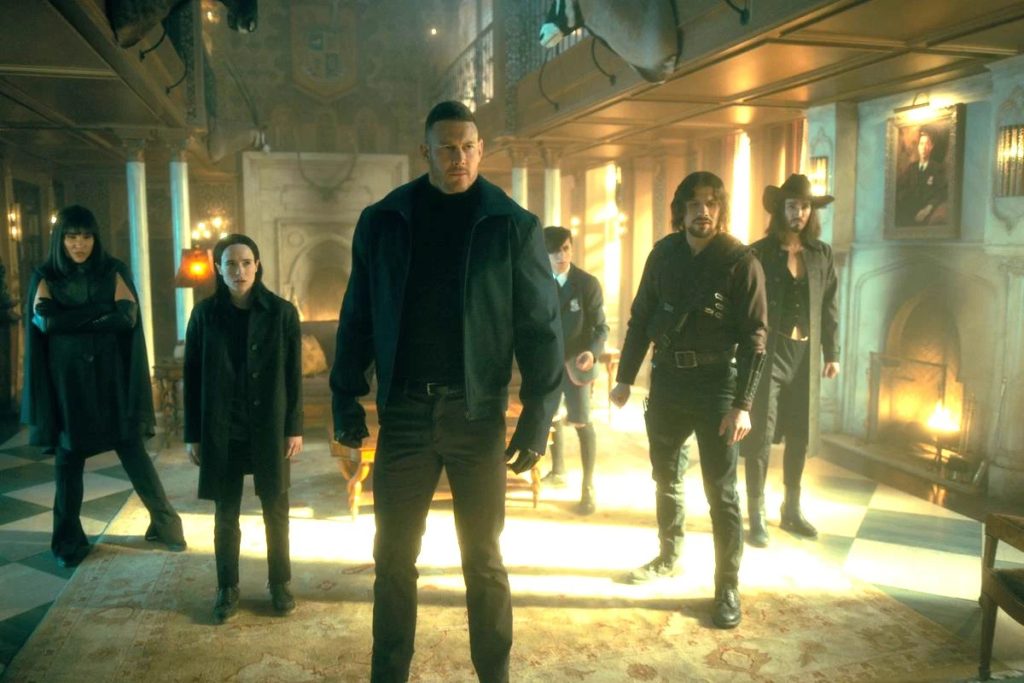
Elliot Page’s transitioning is organically incorporated into the show with Vanya’s. Now Viktor, historically guilt-ridden over causing the apocalypse in both the previous seasons, grows to like themselves after coming out as a trans man to his family. The process feels very natural, and the script doesn’t revolve around transphobia and discrimination in order to capitalize on having a trans actor playing a trans character (Page came out in 2020).
Refreshingly, it feels like a turning point to see a transgender character in a popular show where it was certainly not planned by the writers, yet Viktor’s arc brings favorable results to the storyline even if it could use more time to be written out better.
Aidan Gallagher as Five continues to be the fan-favorite sibling, with Klaus coming second. Klaus’ character, despite all the journey and personal growth incorporated in his plotline, feels lost without guidance from his dead brother. Although Justin H. Min returned as an alternate version of Ben, the strong chemistry between the ghostly-Ben and Klaus (Robert Sheehan) was a unique selling proposition (USP) of the show that is strongly missed in this installment.
David Castañeda’s Diego and Ritu Arya’s Lila together had catastrophic but enjoyable electricity as always. The couple’s plotline had heart touching ups and downs.
Making romance the main arc for Luther (Tom Hopper) (yet again) with Sloane (Genesis Rodriguez) (this time) made Luther completely useless. We don’t even see him utilize any of his abilities in fighting the Kugelblitz.
Loosely based on the franchise’s critically acclaimed comic Hotel Oblivion, the Hotel Obsidian is constructed by Sir Reginald Hargreeves around a secret inter-dimensional portal where the Umbrella Academy decamps, making it the main setting for season three. The Umbrella Academy season three tries to open the door to far more than any show can handle in ten episodes.
Screen time limitations and a weaker story are evidently this season’s predominant problems.
The final three episodes are where everything finally comes together, and in retrospect all the preceding ones feel like fillers; the eighth episode is where we finally see some much-needed quality time amongst the Hargreeves, particularly interactions with Reginald.
The Umbrella Academy series thrives off each actor’s performance and the characters they embody. We understand that a show with so many interesting characters and superpowers must find it hard to flesh everyone out satisfyingly–it’s practically impossible for any show to do so – but it becomes especially difficult in only ten episodes.
Arguably the worst episode of the lot was “Wedding at the End of the World”- the world is ending and they are dancing? Again??? If family unity at happy occasions and giving up trying to prevent apocalypse were their strong suit, the Umbrellas wouldn’t need the funerals caused at both season one and three to finally get them to take matters seriously, in harmony. The only good side to this episode was where Luther asks Viktor to be best man at his wedding. Reginald’s friendly facade at the wedding only to backstab later feels predictable, in fact I kept expecting something similar from Sloane herself. While her relationship with Luthor is cute, I cannot believe that is all they have to their arc. I anticipated some major plot twist to stem from it and take me by surprise last minute, but their love story kept going too smooth for a typical umbrella academy couple.
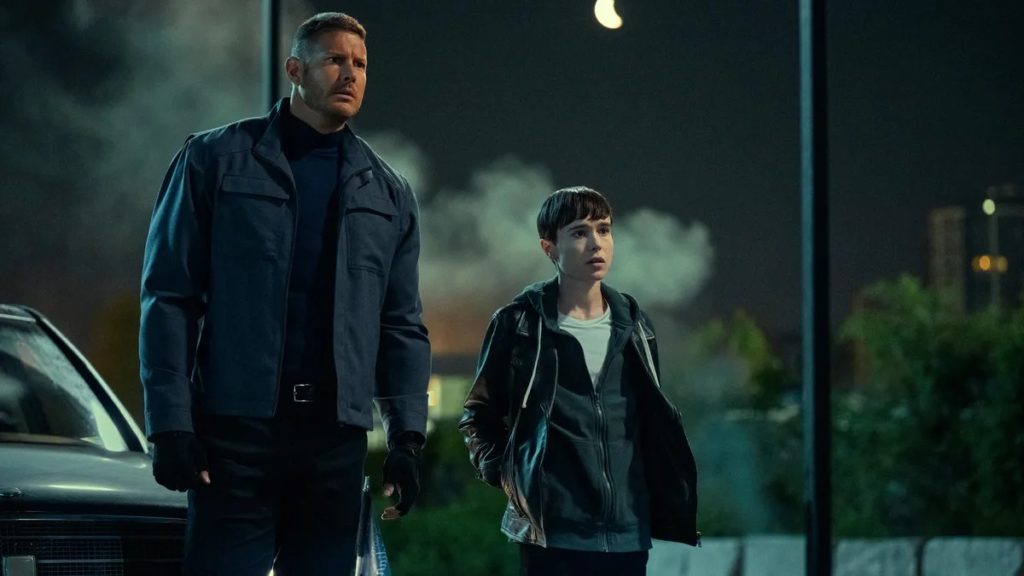
One of the things that make The Umbrella Academy a unique show is that it successfully pulled off a telekinetic floating cube as a pivotal character in this season.
But I’d have liked for Christopher to have subtitles so that we could understand any of his electronic rambling. That way, the creators could have also given him serious dialogues to drive the plot.
Javon Walton’s Stan was an unanticipated character that did a good job, but was literally blipped out when his plot ended, as if he were a mere prop. Another underutilized character is Grace (Jordan Claire Robbins). Why is she literally only seen to worship a black hole and why is it never explained? In fact, is Grace of season three a mere plot hole? The first season shows Reginald building the robot nanny Grace because Viktor continually killed the human nannies with their uncontrolled powers in childhood. But since none of the Sparrows have any similar track and Viktor does not exist in the new timeline, shouldn’t Reginald have never needed to build Grace?
The “Lester Pockets” (Callum Keith Rennie) whose glimpses we kept getting frequently is eventually revealed as the grown-up version of Harlan who Viktor accidentally transferred powers to. The dramatic way he reappears to save the lives of the Umbrella Academy and immediately blows up half of the Sparrow Academy, it established him as a literal force to be reckoned with. I was enthusiastic to see how they utilize him now that he was strong enough to overpower all of the siblings combined. In the end, Harlan came off as another prop, the sacrificial lamb, that is meant to propel Allison into darkness.
Just after Viktor takes back Harlan’s powers, Allison kills him. Even with Allison dealing with her loss of daughter and husband, we can’t establish a connection with needing Harlan’s death. Killing him does nothing to the apocalypse at hand either and just dumps more unnecessary guilt onto Viktor about Harlan accidentally killing the Umbrella Academy’s mothers because of their transferred energy to him. This direction of forcing Viktor as the root of destruction feels repetitive and honestly, pathetic.
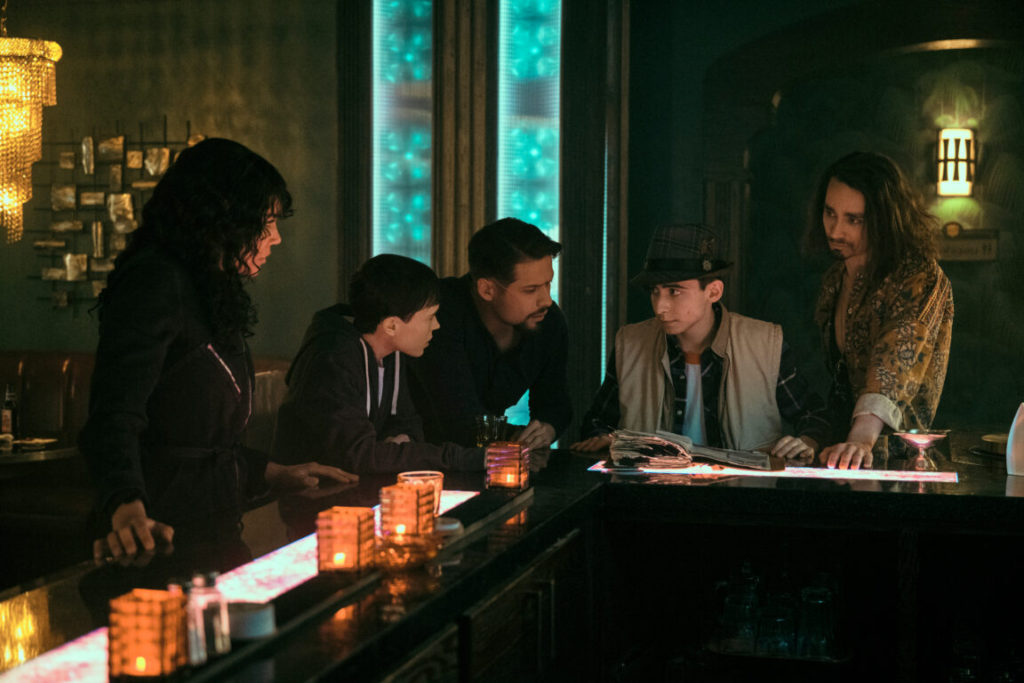
The character development of only a handful of characters felt fantastic but others felt sorely disappointing and inconsistent. In the first season, the only character exploring life outside the Hargreeves dynamics is Allison. Here, we see Luthor develop ties with Sloane, Diego and Lila start a family, and everyone else entertaining newer dynamics while the search for Claire for Allison never ends till the last scene of this season. Allison’s coping mechanisms throughout the plot isn’t healthy, and how she uses her power on herself and Luthor brings in so many questions of consent. That brief scene with Luther felt absurd and forced, and very very uncomfortable (considering losing Luther was not even on her mind, rather her husband Ray). They want us to sympathize with why she acts the way she does, but her making leaps like killing Harlan needlessly and impulsively leaves the audience blank and confused about her. The writers need to give her a better plot and examine what makes her tick if they want her to be shown grieving and dealing with trauma. It was quite disheartening to see Allison act selfish and unhinged throughout, only to gain the most after the universal “Reset” that she staged with Reginald secretly.
Overall the crevices in writing show up the most in how the creators decided to selectively leave some characters to deal with trauma, and the rest move on without any emotional follow-through from previous season(s).
Where is Klaus’ pining for Dave? Where is the PTSD from the Vietnam war?
The season ends with Reginald reunited with his wife Abigail who was previously cryogenically frozen on the moon. How will the powerless Hargreeves siblings deal with a very influential Reginald at the top? Where is Sloane? How did Five and Diego get their arms and finger back? How did Reginald manage to give Allison both Ray AND Claire?
Will the Hargreeves be happier now that they are not superheroes anymore?
Can they be ‘normal’?

